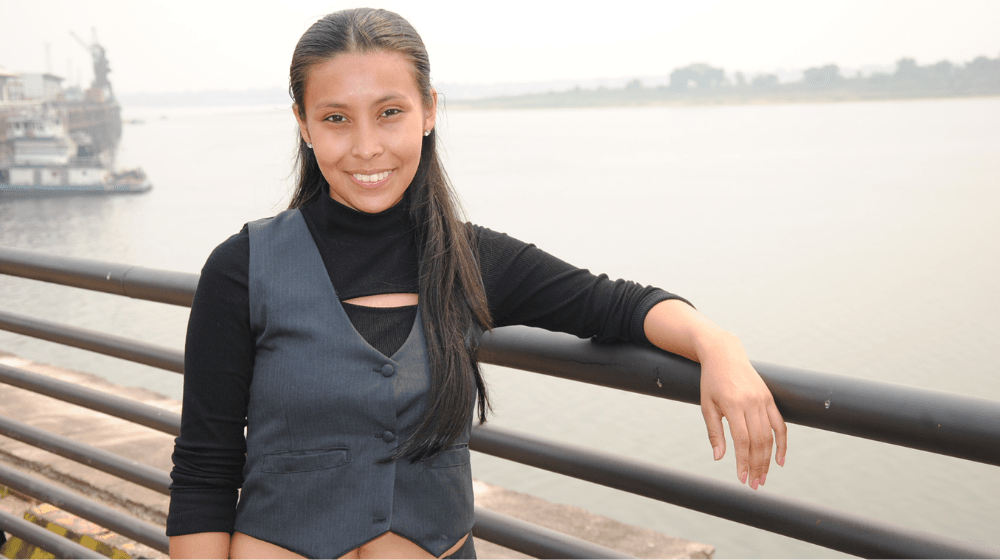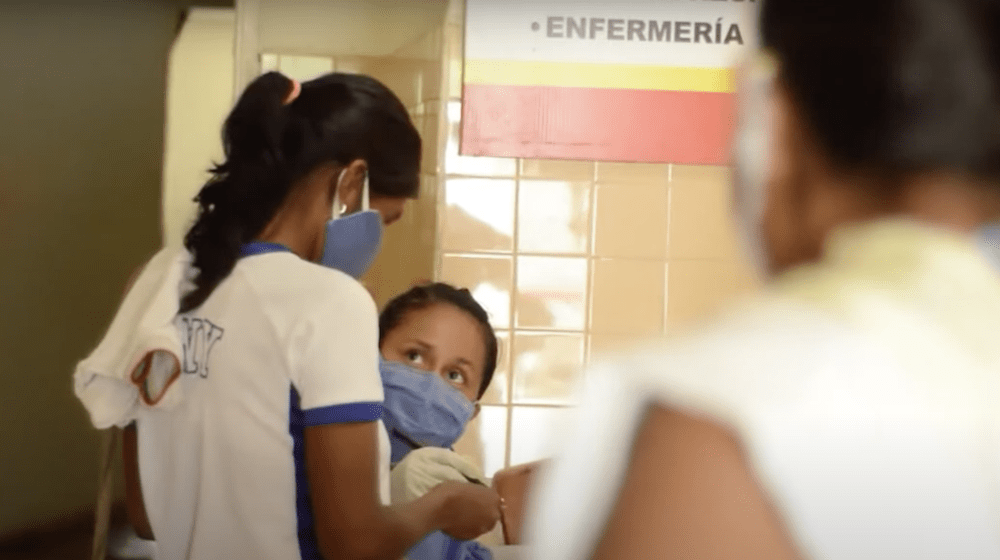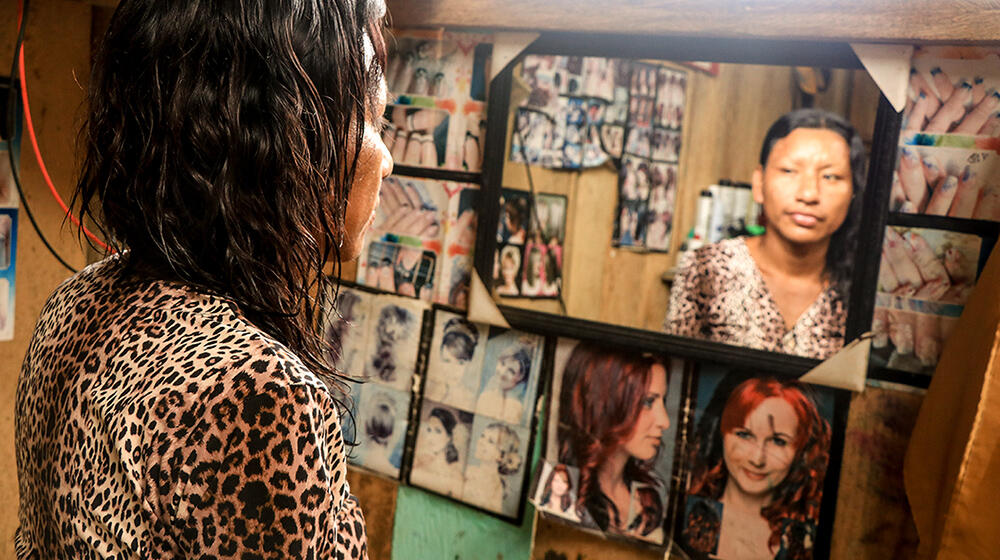Indigenous communities across the globe are united by many things: a commitment to cultural traditions, ancestral knowledge, a deep connection to their environment. Sadly, they’re also united by a history of exclusion from health systems.
The ancestral practices of indigenous people – such as pioneering sustainable land management and climate adaptation measures – have proven critical to addressing societal challenges. But widespread inequality has left indigenous people among the most marginalized, according to the 2024 UNFPA State of World Population report, heightening vulnerability to maternal mortality, violence and a reduced life expectancy.
At the same time, the health knowledge, skills and practices of indigenous communities are often rejected, depriving them of the opportunity to craft solutions to the problems affecting them.
For indigenous women and girls especially, structural issues across health systems often negate their right to bodily autonomy and endanger their lives. Indigenous women and girls struggle to access sexual and reproductive health care due to poverty, geographic isolation, and discrimination and ill treatment, among other factors.
They are less likely to benefit from antenatal care or to give birth with a skilled birth attendant, and they are more likely to give birth as an adolescent – and to die during pregnancy or childbirth, according to UNFPA research. Further, their traditional childbirth practices are often denied and can be criminalized, leaving them without access to culturally sensitive care.
UNFPA partners with indigenous organizations to support full and equal access to sexual and reproductive health and rights and freedom from violence for indigenous women and girls.
As we mark the International Day of the World’s Indigenous Peoples, we must urgently address the widespread inequality across the planet. It requires reckoning with the legacies of colonialism, slavery and gender inequity, as well as gathering data and listening to the indigenous leaders, activists and innovators who know the needs of their communities best. Globally, there are few data on indigenous people’s health, making their situation largely invisible.
Some key steps:
- Countries’ statistics agencies must collaborate with indigenous groups to uphold the right of their members to be counted.
- Health systems globally should institute intercultural health services that recognize the cultural practices, world view and knowledge of indigenous peoples to ensure they enjoy equal access to rights and choices.
- Challenges such as maternal mortality can be managed within indigenous communities, by indigenous people; for instance, traditional birth attendants play a vital role in contributing to the holistic wellness of pregnant women.
“For humanity to progress, people must be counted, wherever they are and whoever they are – in all their diversity,” UNFPA Executive Director Dr. Natalia Kanem has said. “To end inequality, to find and grow peace and prosperity, to weave more threads of hope, the world needs to do more for inclusion.”





